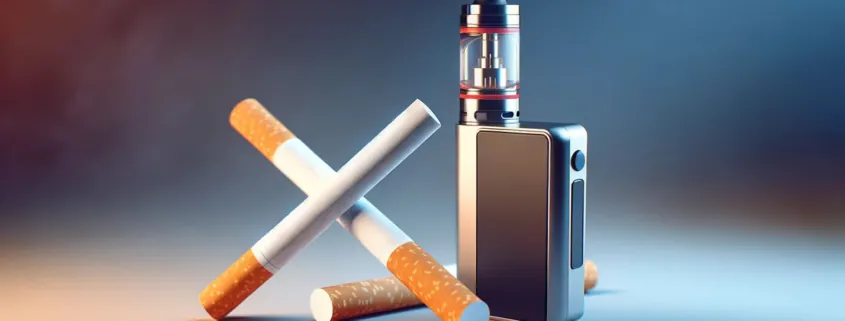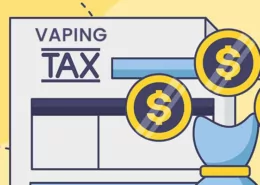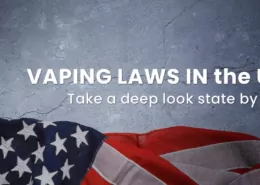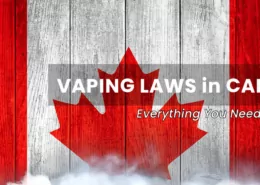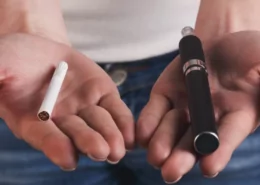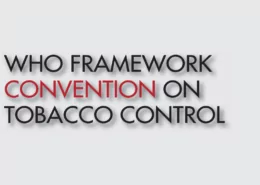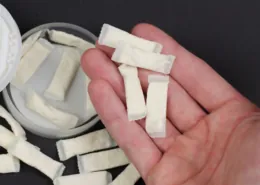Hawaii Seeks to Increase Vape Tax for Cancer Research
A bill aimed at increasing the tax on cigarettes and vaping products to support the University of Hawaii Cancer Research Center while reducing nicotine consumption is making its way through the state Legislature, albeit with some changes from its original form.
Proposed Changes to the Tobacco Tax
House Bill 2504, part of Gov. Josh Green’s package, initially sought to increase the excise tax on cigarettes and little cigars from 16 cents to 18 cents per unit sold by wholesalers or dealers, starting in July. However, the latest version of the bill maintains the current tax rate of 16 cents but extends it to vape products, including electronic smoking devices and e-liquids. Little cigars are no longer included in the revised bill.
Support and Opposition
The proposed increase in taxes on tobacco products has garnered support from the state Health Department, American Cancer Society, Hawaii Pacific Health, and numerous other health advocates who believe that raising prices is an effective way to reduce consumption. However, the bill faces opposition from ABC Stores, Retail Merchants of Hawaii, and the Hawaii Smokers Alliance, who argue that the tax hike would negatively impact small, locally-owned businesses, make these products more attractive to shoplifters, and potentially create a black market.
Concerns Over Revised Bill
Lola Irvin, administrator of the Department of Health’s Chronic Disease Prevention and Health Promotion Division, supports reinstating the original proposed rate of 18 cents per cigarette and little cigar. While she supports the addition of the tax on electronic smoking devices and e-liquids, Irvin expresses concern over the removal of little cigars from the bill, citing their harmful effects on human health and their association with a higher incidence of oral cancer. She also notes the increasing popularity of flavored cigars among young adults due to celebrity influencers.
Disappointing Session for Youth and Health Advocates
The legislative session has been disappointing for youth and health advocates who have been working to ban flavored tobacco and vape products. Despite momentum at the county level, bills advancing a ban on flavored tobacco products failed to move forward this session. Efforts to repeal state law preempting county rules regulating tobacco sales were also deferred early in the session.
Luke Itomura, a freshman at Punahou School and a member of the Coalition for a Tobacco-Free Hawaii Youth Council, expressed frustration with competing against paid lobbyists who consistently fight these bills. Despite lawmakers expressing support for the cause, Itomura noted the lack of progress over the past six years and the potential lives that could have been saved. However, he remains determined to continue the fight, stating, “We’re just going to come back next year. We’re not going to give up.”
The Importance of Banning Flavored Tobacco Products
The Department of Health maintains that banning flavored vapes and tobacco products is crucial to preventing youth from becoming addicted to nicotine in the first place. Irvin emphasizes that modern e-cigarettes contain high levels of nicotine and are highly addictive, posing a significant risk to developing brains.
As the bill continues to move through the Legislature, the debate surrounding tobacco taxes and the regulation of flavored tobacco products remains a contentious issue. While health advocates push for stronger measures to reduce nicotine consumption and protect public health, opponents argue that such measures could have unintended consequences for businesses and consumers alike.
News source: Hawaii Tribune-herald
- Florida Vape Sales Soar, But 90% of Disposables Illegal - May 11, 2024
- Geek Bar Pulse vs. Flum Pebble: Who isthe Winner - May 9, 2024
- Nepal Government Initiates Process to Ban Vape - May 8, 2024

